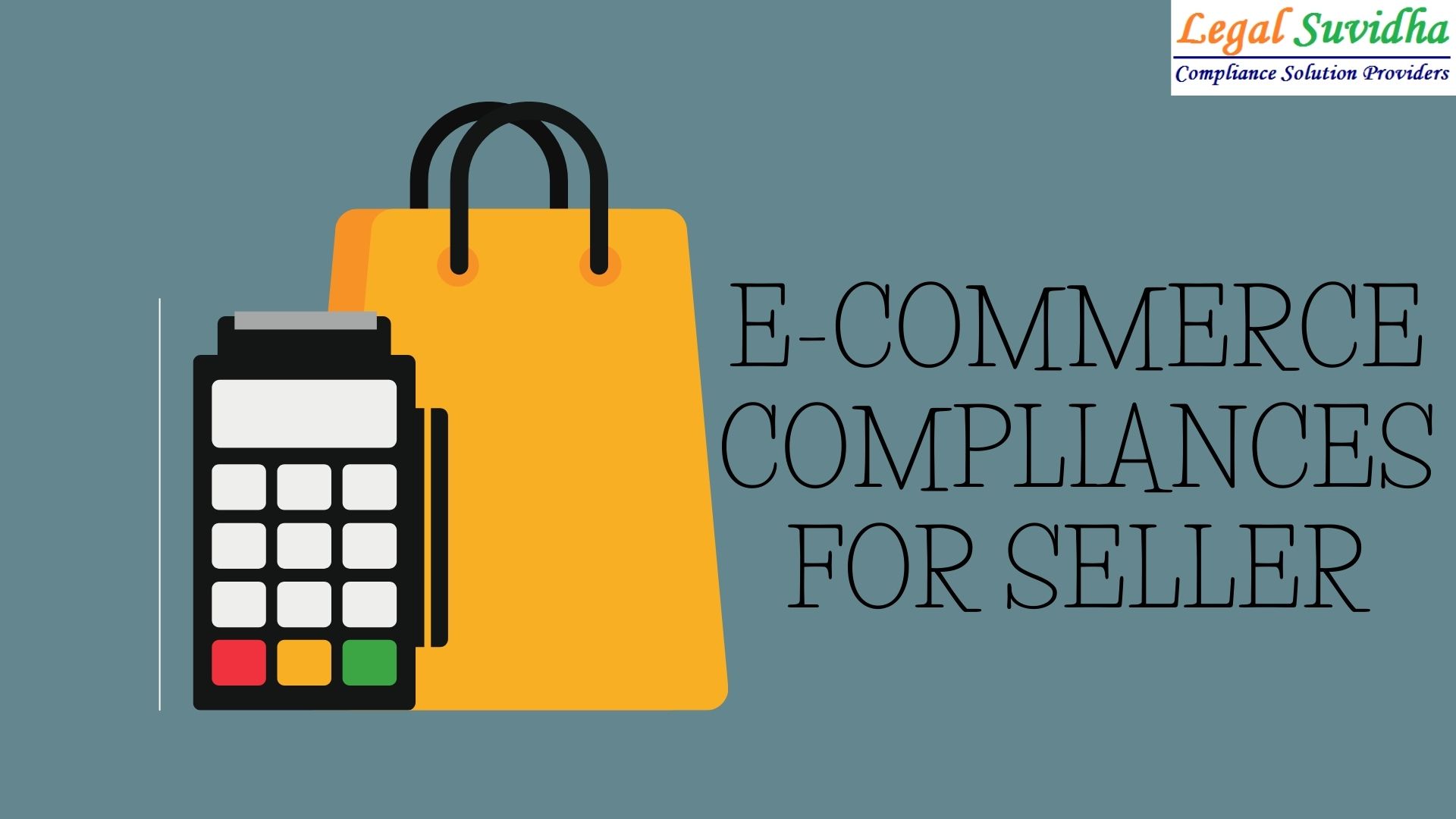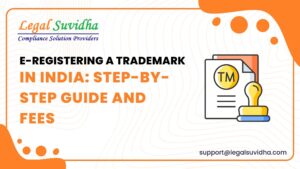Compliances of E-commerce operator vary by region and by industry, and it’s essential for e-commerce operators to stay informed about the specific compliance requirements that apply to their business.
E-COMMERCE COMPLIANCES FOR SELLER
What is E-commerce?
Ecommerce as it is popularly known is buying and selling of goods and services via the internet. Ecommerce generally refers to the transactions made during the online trading of goods and services.
So, basically when you as an individual or as an organization engage in the purchase or sale of goods and services online, you are engaging in Ecommerce.
Is GST Required for E-commerce seller?
From the perspective of GST registration requirement, E-commerce sellers has to be categorized as Supplier of goods & Supplier of services, since the registration requirement varies depending on whether it is a business of supplying goods or services.
1. Supplier of goods For a supplier of goods, GST registration is mandatory. There is no turnover threshold exemption available for this category.
2. Supplier of services
For a supplier of services, GST registration is mandatory only if they are having turnover more than the GST turnover exemption of Rs 20 lakhs.
However, supplier of services specifically mentioned in section 9(5) of GST Act do not require mandatory GST registration. Illustratively such service providers are-
a. Those providing service of passenger transportation through an e-commerce operator like OLA, UBER etc.
b. Hotel service providers through aggregator platforms.
c. Housekeeping service providers through aggregator platforms like Urban company
What are the GST Returns to be filed?
GSTR 1 & GSTR 3B GSTR 1 & 3B are regular or periodic returns. These are required to be filed monthly or quarterly depending upon the turnover of the business. Businesses having turnover up to Rs 5 crores can opt for the QRMP scheme which will require them to file these returns quarterly
GSTR-1 return requires the details of the outward supplies made in a specific period. Since e-commerce business would practically sell to consumers all around the country, they are required to report GST taxable amount & taxes state & rate wise.
While GSTR 3B is a summary returns, which requires the business the report their liabilities & ITC credit claim & reversal.
Though B2C Interstate sales are also required to be reported state wise in GSTR 3b as well.
Annual return GSTR-9 & 9C GST annual return GSTR 9 is an annual reconciliation statement to be filed by businesses having annual turnover of over Rs 2 crores.
GST annual return GSTR 9C is to be filed by businesses having annual turnover of over Rs 5 crores.
What is TDS & TCS Credit claim
Since e-commerce marketplace or e-commerce operators are required to collect TCS from sellers which is further reported by them in GSTR-8 by the E-commerce operators, an e-commerce seller is required to claim this credit by filing the claim return.
Sales Returns & credit notes
Returns are a regular feature in e-commerce, consumers buy & return the product more often than brick & mortar shops.
This has an impact on the sales value, GST liability, GST ITC credit (due to reversal of fees by e-commerce market place).
Thus, a e-commerce business is required to take extra care of these returns & assure that correct GST liability is reported, only eligible ITC are claimed & accurate ITC reversals are done.
TDS by e-commerce operator
Income tax Act requires E-commerce operators to deduct TDS on payments made to e-commerce sellers under Sec 194O of income tax act at 1%, if gross amount of sale of goods or services is more than Rs 5 lakhs.
Since, E-commerce operators would deduct TDS & report the same in their TDS returns, these could be claimed by E-commerce sellers in settling their income tax liability at the time of filing ITR.
TDS by e-commerce seller
This is one of the most neglected areas by e-commerce businesses. A bundle of payments is made by e-commerce businesses to E-commerce operators & other parties as well for various expenses but seldom do they comply with TDS deduction for payments made which is required by income tax act.
One of the important causes of the negligence is because the E-commerce marketplace settles the payment to e-commerce sellers net of their various fees charged to the sellers.





















